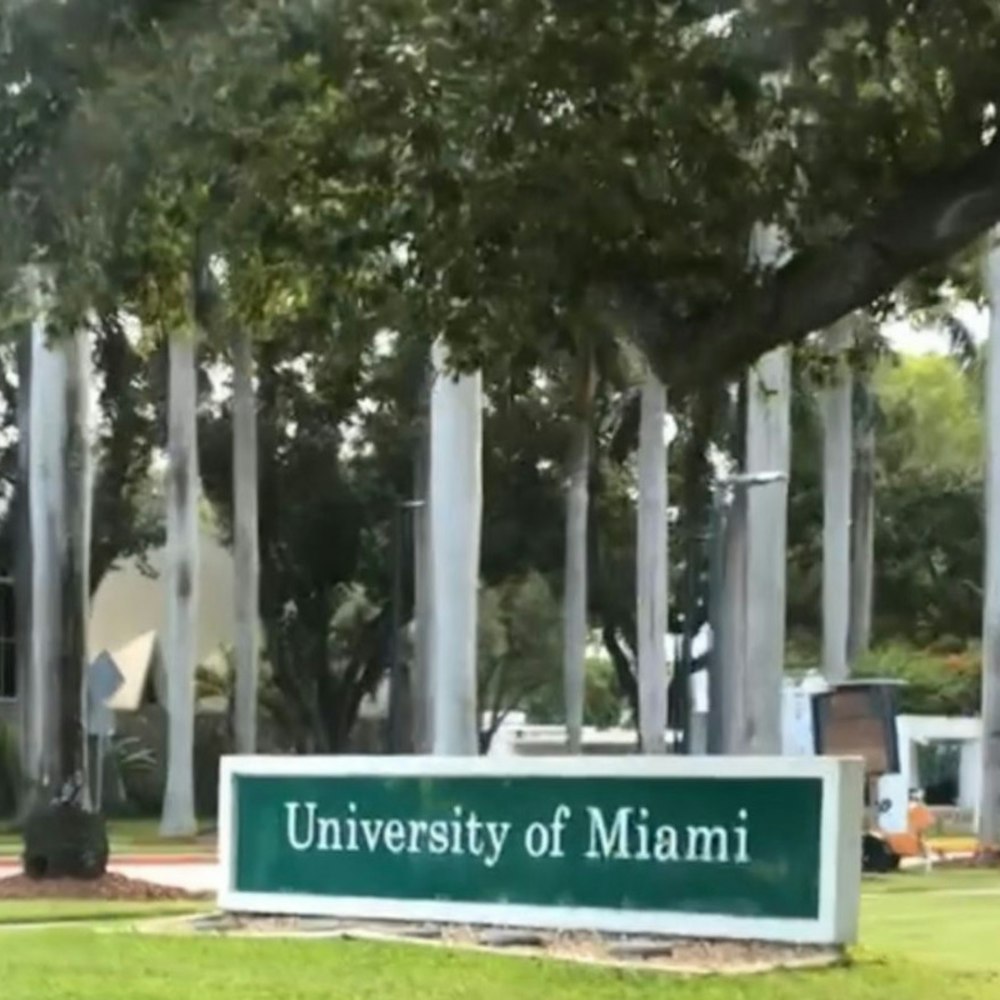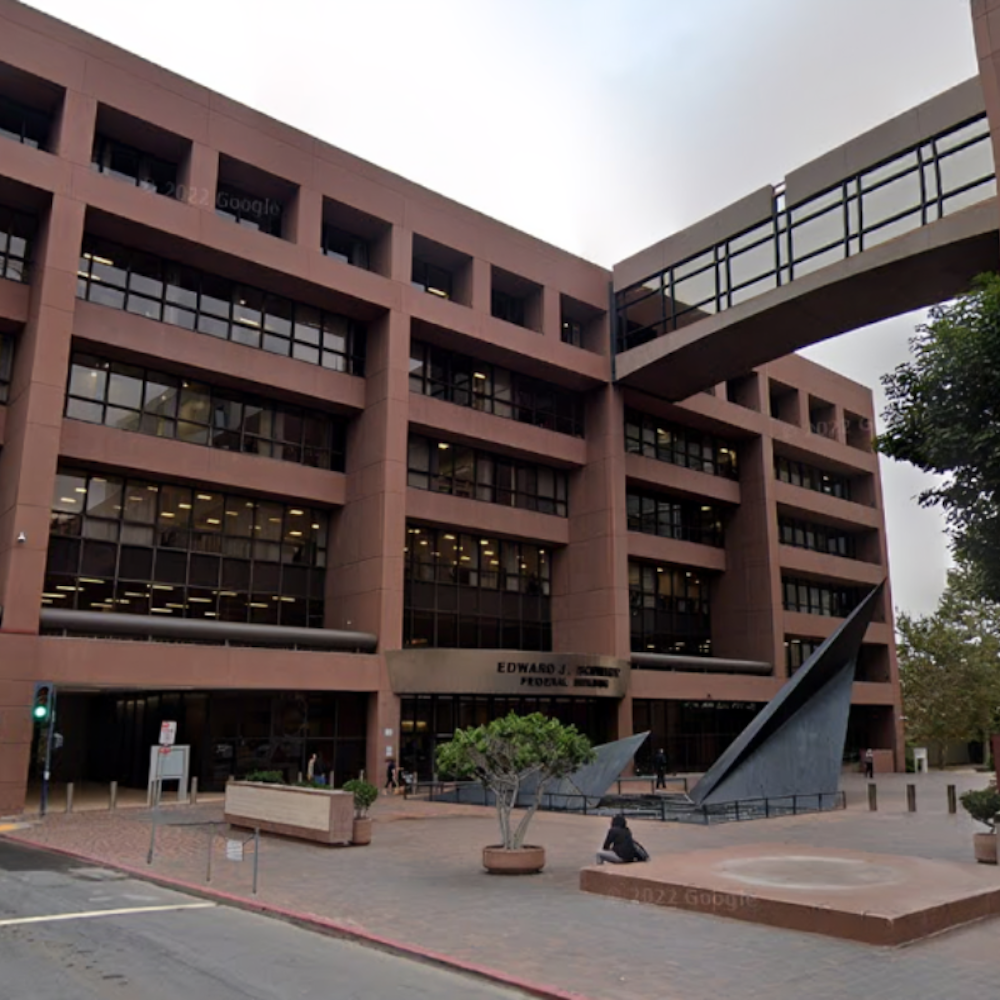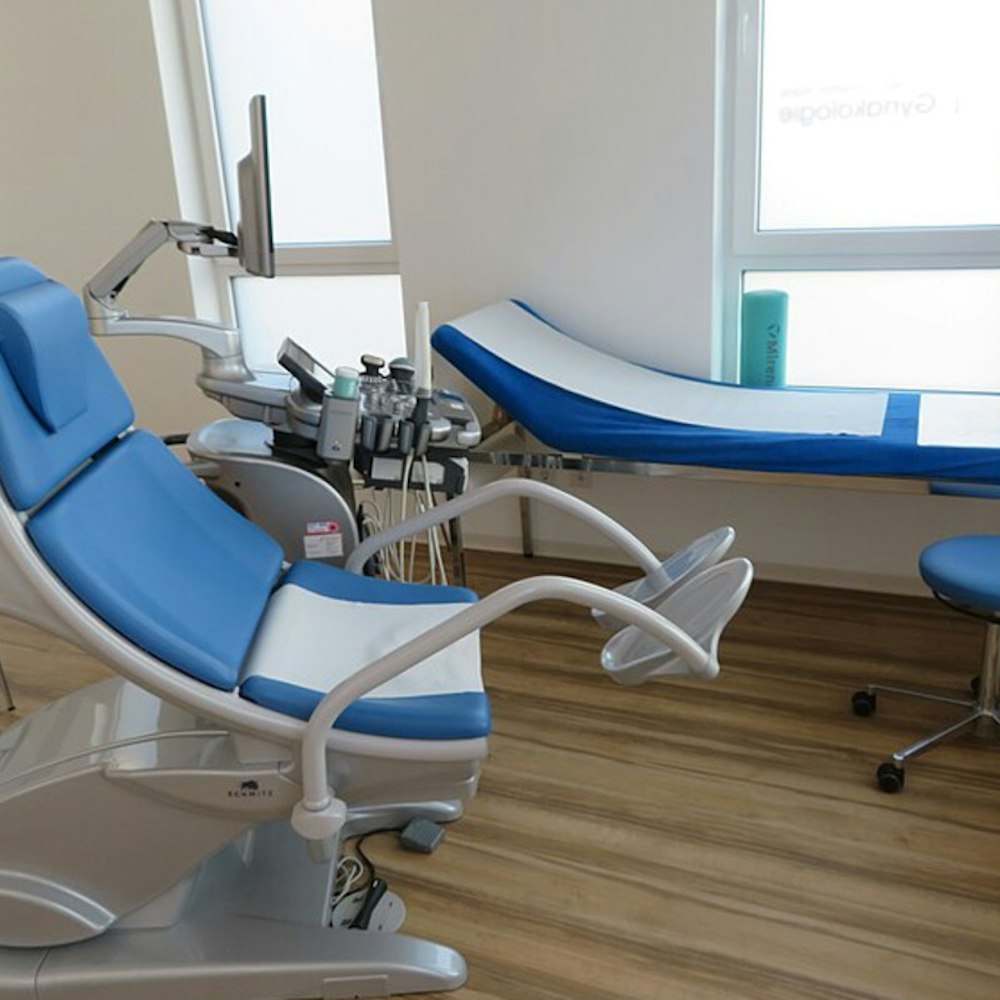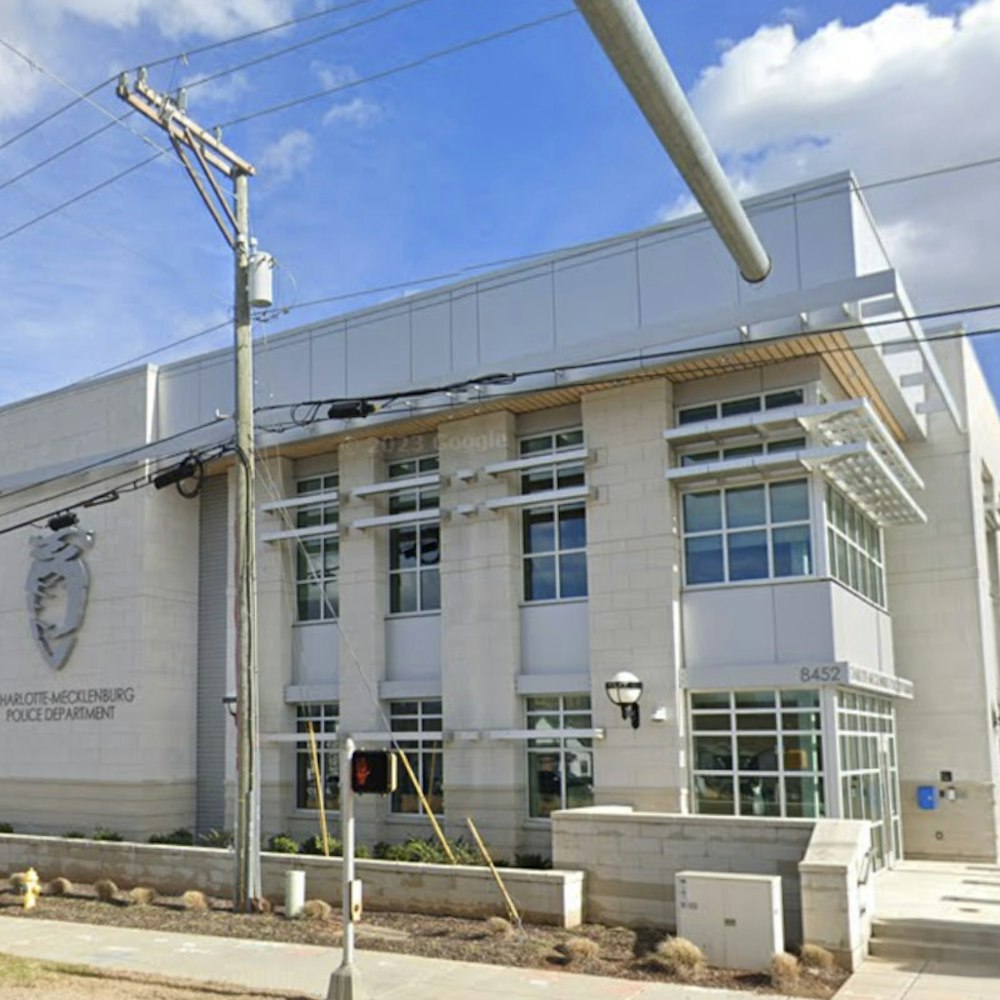
The use of Automated License Plate Recognition (ALPR) technology by the Illinois State Police (ISP) has continued to rapidly expand, with new installations in Lake and potentially McHenry counties aimed to further aid law enforcement efforts. These systems have been effective in solving serious crimes, and the push for increased surveillance comes as the ISP credits the technology with notably reducing expressway shootings and aiding in significant recoveries of guns and stolen vehicles.
According to a Lake McHenry Scanner report, these cameras have contributed to a 32% decrease in expressway shootings from 2022 to 2023, alongside advancements in ISP's data-driven operations and special operations groups. Yet, the ISP's increased reliance on such tools has also sparked criticism and concern about the surveillance's reach and its implications on privacy. With cameras capable of capturing a trove of data — including not just plate numbers but also timestamps, GPS locations, and vehicle descriptors — the question becomes whether the benefits sufficiently justify the intrusiveness.
Critics, including privacy advocates and legal challengers, argue that the omnipresent nature of this technology risks turning cities into surveillance states, infringing upon individuals' constitutional rights. The ACLU has been adamant in expressing unease over what they term an "artificial intelligence-enhanced, Orwellian 'mass-surveillance system.'" They have put forward recommendations to mitigate potential privacy violations, drawing on models from states like New Hampshire that have enacted stricter safeguards.
Despite these mounting concerns, many local law enforcement agencies continue to adopt ALPR systems, emphasizing their critical role in solving and preventing crime. As The Chicago Tribune reports, suburban police departments have used this technology to swiftly address incidents ranging from kidnapping to arson. John Millner, director of government relations for the Illinois Association of Chiefs of Police, told The Chicago Tribune, "We're catching people for kidnapping, arson, murder. You know if we didn't apprehend them, these people would continue committing these crimes."
On the legal front, the Illinois State Police have been sued by the non-profit Liberty Justice Center on behalf of two Chicago-area residents, arguing that the prolific use of ALPR constitutes a constitutional violation by effectuating unreasonable searches. In response to criticisms and fears about using the stored data for purposes beyond immediate law enforcement needs, Illinois has passed specific laws aimed at protecting locational privacy, particularly for sensitive activities like seeking abortions or immigration enforcement — though how effectively these laws can be enforced remains to be seen.
Manufacturers of ALPR systems stress measures in place to protect privacy, such as limiting third-party information sharing and employing short-term storage of data. Yet these assurances only partially assuage the anxieties of those who feel that such a surveillance network, especially one intertwined with a vast and often indiscriminate collection of data, has the power to radically tilt the balance between public safety and personal freedom.
-1.webp?w=1000&h=1000&fit=crop&crop:edges)








